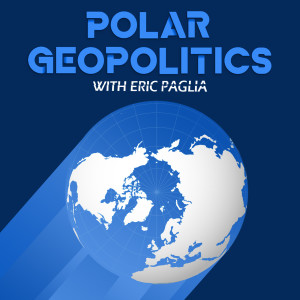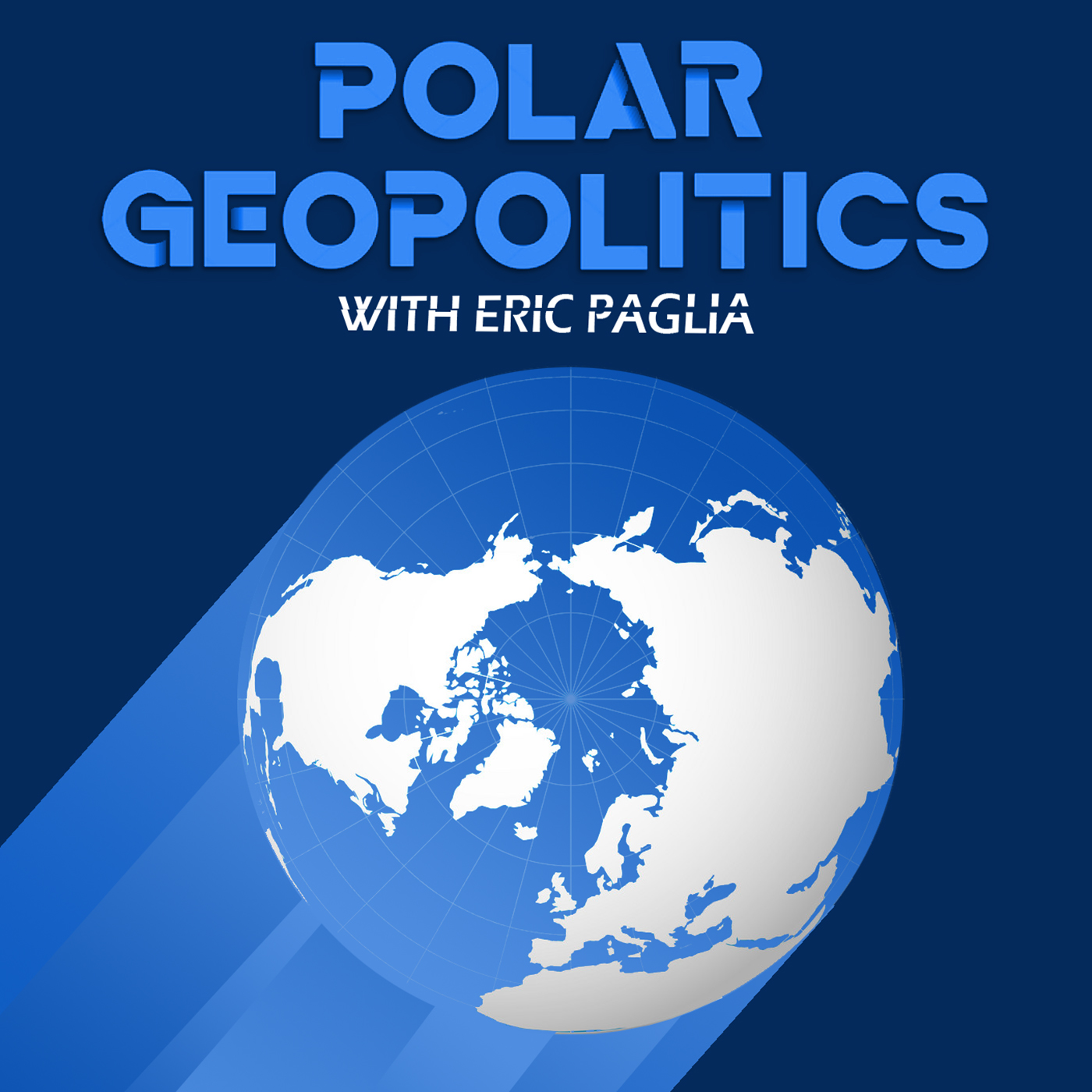Episodes

Monday Jul 19, 2021
Making the case for the controversial Davis Aerodrome in East Antarctica
Monday Jul 19, 2021
Monday Jul 19, 2021
Australia’s plans to build a 2.7 km airstrip and other infrastructure in the ice-free Vestfold Hills near its Davis Station in East Antarctica have been heavily criticized, primarily on environmental grounds. The aerodrome, which Australia contends would improve scientific access to the continent and facilitate search and rescue operations, could also have an array of geopolitical implications. Antarctic legal expert Jeffrey McGee, an associate professor at the University of Tasmania in Hobart who has come out in support of the project, recently co-authored a report for the Australian Strategic Policy Institute, “All-weather aerodrome in Antarctica would be a gamechanger for Australia”. Dr. McGee joins the podcast to explain the strategic rationale and current status of the aerodrome and why he believes, if the plans go forward, it would not only benefit Australia but also other Antarctic stakeholders.

Thursday Jun 17, 2021
Science and geopolitics in Svalbard: the Ny-Ålesund Research Station
Thursday Jun 17, 2021
Thursday Jun 17, 2021
Hosting scientific facilities representing 12 countries, the Ny-Ålesund Research Station in Svalbard is perhaps the most international location in the Arctic. The former coalmining community, which Norway has over the past 30 years transformed into a leading center of Arctic research, also serves a geopolitical function for many of the states represented there. Associate Prof. Maarten Loonen from the Arctic Center at the University of Gröningen has since the late-1980s been a first-hand witness and participant in Ny-Ålesund’s transformation. Currently the chairman of the Ny-Ålesund Science Managers Committee, Dr. Loonen joins the podcast to discuss the international dynamics and underlying geopolitics of Ny-Ålesund, and recent changes that portend potentially significant changes in the community’s future development. Articles mentioned on the podcast: T Pedersen (2021): The politics of research presence in Svalbard and E Paglia (2020): A higher level of civilisation? The transformation of Ny-Ålesund from Arctic coalmining settlement in Svalbard to global environmental knowledge center at 79° North

Friday Apr 16, 2021
Friday Apr 16, 2021
Could the incident of the Ever Given running aground in the Suez Canal, disrupting global trade for six days, be a turning point that leads to an expansion of container shipping along the Northern Sea Route and other Arctic passages? Or will the risks and costs associated with Arctic shipping, even when taking climate change and geopolitics into consideration, continue to exceed those of established Europe-Asia routes for decades to come? On this episode, the Polar Geopolitics podcast takes up these and other questions with shipping industry expert Lars Jensen, CEO of Sea Intelligence Consulting in Copenhagen, Denmark.
Monday Mar 01, 2021
Monday Mar 01, 2021
On this episode, Prof. Caroline Kennedy-Pipe—an Arctic, Russia and Cold War expert at Loughborough University in England—analyses the emerging great power competition in the Arctic by providing a longer-term perspective on the geopolitical dynamics and developments in the circumpolar North over the past forty years. This period encompasses the close of the Cold War, the rise of international cooperation in the Arctic, and key shifts in the geopolitical position of Russia in the region and the world. Prof. Kennedy-Pipe also reflects on the role of ideology and how differing conceptions of sovereignty influence state actors in the Arctic.

Monday Feb 22, 2021
Monday Feb 22, 2021
Dr. Mike Sfraga, director of the Polar Institute at the Wilson Center in Washington D.C., joins the podcast to discuss the various ways he sees the Biden administration altering American policies and geopolitical positioning in the polar regions. From global issues like climate change and great power competition, to regional and local issues such as renewed U.S. engagement with the Arctic Council, the key role of Greenland, and infrastructural development in his home state of Alaska, Dr. Sfraga analyses how American interests in the Arctic and Antarctic may be pursued over the next four years.

Wednesday Dec 23, 2020
Wednesday Dec 23, 2020
The rise of great power competition in the Arctic, the disruption of Antarctic governance due to COVID-19, and the impact of the coronavirus on vulnerable Arctic communities were some of the notable polar topics covered on this podcast during the course of the pandemic year of 2020. In this year-end review, Klaus Dodds, professor of geopolitics at Royal Holloway University, discusses what he sees as some of the most significant geopolitical aspects of the pandemic in the polar regions and beyond during this extraordinary year in world history.

Monday Dec 21, 2020
Monday Dec 21, 2020
Science is to a large extent the currency of governance and geopolitics in Antarctica, giving countries that conduct scientific research there a seat at the Antarctic Treaty System table. But should countries—often from the global South—that bear the brunt of the effects of climate-induced geophysical changes in Antarctica be given a greater voice in the ATS, even if they lack the resources to conduct costly research in the southern high latitudes? Similarly, should the influence of ATS states somehow be related to their level of carbon dioxide emissions, which drive the melting of the Antarctic ice sheet? Peder Roberts, associate professor at the University of Stavanger, joins the podcast to reflect on how countries could be incentivized to reduce their impact on Antarctica while continuing to pursue ambitious polar science programs.

Thursday Oct 08, 2020
Thursday Oct 08, 2020
China’s increasingly ambitious polar activities have to date largely centered on exerting physical presence in the Arctic and Antarctic, according to Dr. Nengye Liu, an associate professor of international law at Macquarie University in Sydney, Australia. In a recent online presentation for China’s polar elite, Dr. Liu recommended that China should abandon such 19th century thinking, which causes anxiety among other stakeholders, and instead embrace a future in which China plays a leading role in combating global environmental change. In this episode of the podcast, Dr. Liu discusses his theoretical framework that could, he asserts, underpin a potential Chinese polar strategy 2.0 to replace current policies for the polar regions.

